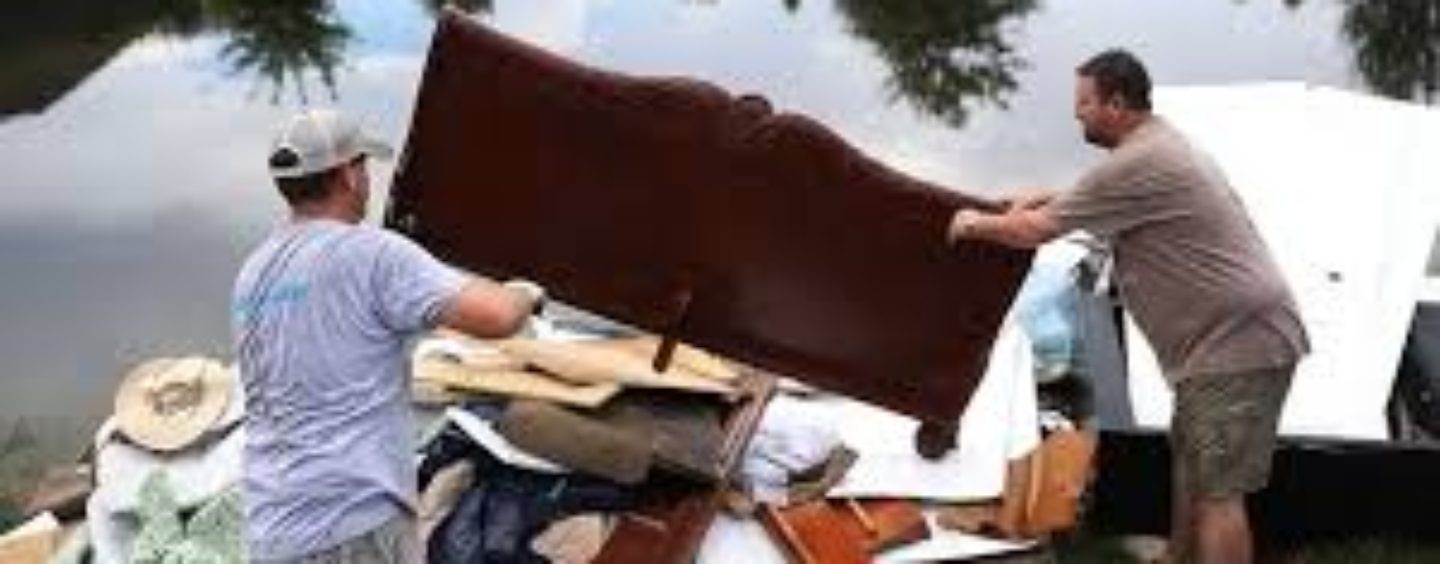Louisiana victims of the recent flood are in need of a recovery plan, which can seem overwhelming at a time when there are so many Flood Scams going on out there and knowing which to avoid and who is really there to help.
The FTC has come up with a few tips and links to resources to help make the task less burdensome.
RELATED: Former Bucks County Playhouse Owner Guilty of Money Fraud
- Contact your insurance company. Ask what the next steps are in assessing any damage to your home or business.
- Your home and its contents may look beyond hope, but many of your belongings can be restored. With luck and hard work, your flooded home could be cleaned up, dried out, rebuilt, and reoccupied.
- Be skeptical of people promising immediate clean-up and debris removal. Some may demand payment up-front for work they never do, quote outrageous prices, or simply lack the skills, licenses, and insurance to legally do the work.
- If you’re looking for a place to rent during recovery, be cautious of rental listing scams. Scammers often advertise rentals that don’t exist to trick people into sending money before they find out the truth.
- Many people will be asking for your personal information. Make sure you know who you are dealing with. Ask for identification before you share your Social Security or account numbers. Scammers sometimes pose as government officials, and ask for financial information or money to apply for aid that you can request on your own for free. Government officials will never ask you for money in exchange for your information or the promise of a check.
- You might have had to leave your home without IDs, checks, credit and debit cards, and other documents. You also might be without access to a bank account or paycheck for some time. If you need to get money, understand your options for paying bills and replacing important documents. This list of contacts may help you regain your financial footing.
- Call your creditors and ask for help. If you’re a homeowner, even if your home is uninhabitable, you still have a mortgage. Contact your lender to discuss your options.
Are you a victim of fraud or money scam? Share your story with us on the Money Credit and You Facebook page!





